Why is Taiwan the most important place in the world for AI?

AI technology is growing rapidly, and technology companies around the world are competing in the development race, but the production of the hardware needed to run AI is almost entirely dependent on Taiwan. Bloomberg explains in a movie why Taiwan is ahead of other technology powers in the field of AI chip manufacturing.
According to Bloomberg, 90% of the world's most advanced semiconductors and chips are made in Taiwan. NVIDIA , a US-based semiconductor manufacturer, also manufactures all of its AI chips in Taiwan.
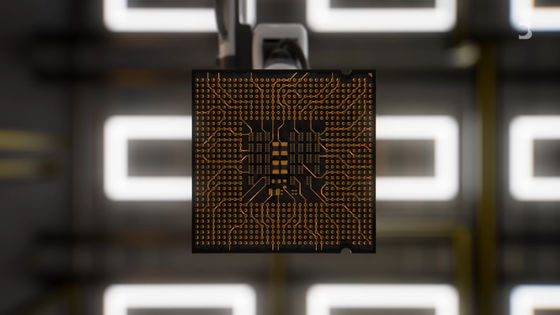
Jane Lanhee Lee, a reporter for Bloomberg, talks about the history of technological development in Taiwan. According to Lee, in the 1970s, Taiwan had a strong image of being industrially inferior, with cheap toys and fragile products. So the government invested a lot of money in manufacturing integrated circuits to make Taiwan more advanced. The Taiwanese government's efforts also included promoting
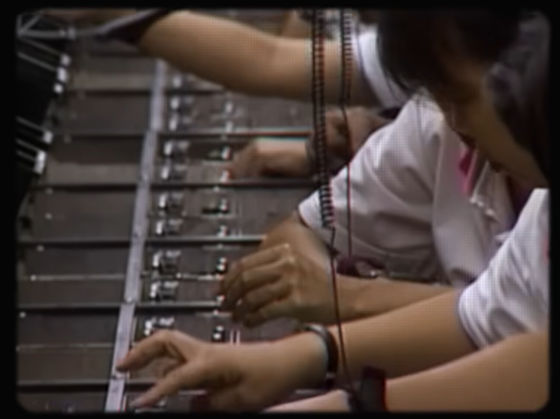
In 1986, Lee Kuo-ting, the head of the Executive Yuan, Taiwan's administrative body, and also known as the 'father of Taiwan's economic miracle,' established
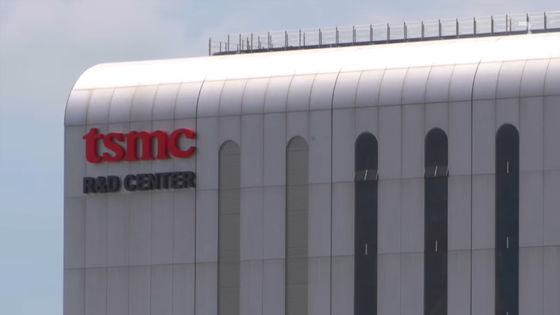
Lee went on to explain the servers that run AI. An AI server starts with a chip, which is then attached to a motherboard. The motherboard contains many power modules, which are then put into a server rack along with a cooling system, and a number of them are lined up to form a large server. According to Lee, all of these are manufactured in Taiwan.
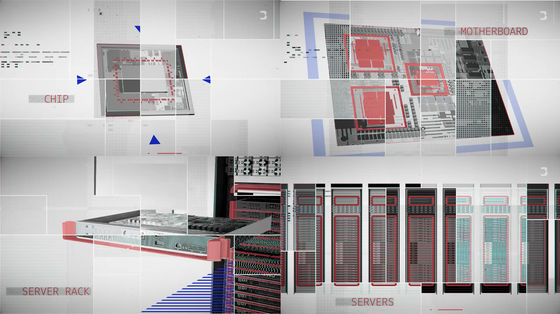
Taiwan-based Asia Vital Components (AVC) manufactures cooling systems for computers and servers. AVC's products specialize in heat dissipation, offering a range of cooling solutions from traditional fans to a technology known as 'immersion cooling,' which uses water to cool the system. Immersion cooling is well suited to AI servers, which consume large amounts of power and generate heat, making AVC an important part of the AI supply chain.
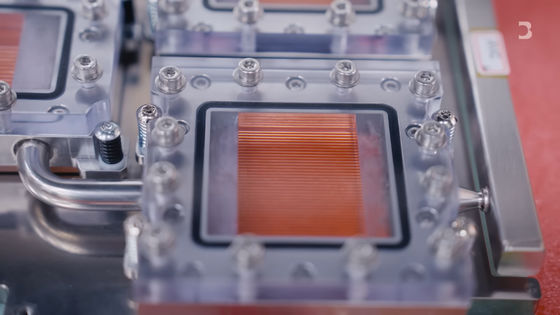
Below is a graph comparing the export value of AI-related products between China and Taiwan, with red representing China and blue representing Taiwan. According to the graph, Taiwan's AI-related exports will overtake China in 2023, with an even larger gap in 2024.
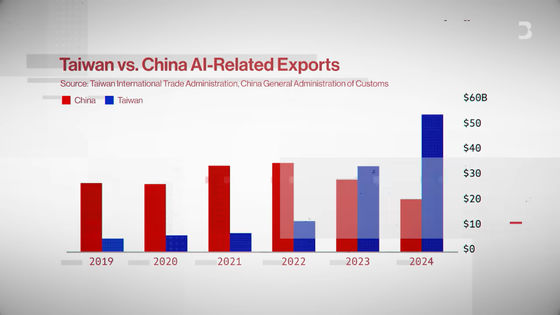
The export volume between China and Taiwan is greatly influenced not only by Taiwan's growth but also by the conflict between the United States and China. The US government has been tightening export controls to China since around 2022, citing the risk that China's technological growth could be diverted to the military industry. In September 2022, it introduced licensing requirements for NVIDIA and AMD to restrict the extraction of AI chips to China.

In the wake of the technology war between China and the United States, Taiwan, which is responsible for 90% of AI-related chip manufacturing, is increasingly concerned about being a target of Chinese attacks. TSMC and ASML , a Dutch semiconductor manufacturing equipment manufacturer, have introduced a system to remotely disable equipment necessary to manufacture high-performance semiconductors in preparation for a Chinese invasion of Taiwan, and TSMC's Liu Deyin, who served as chairman from 2018 to 2024, has warned, 'If China invades Taiwan, our semiconductor manufacturing will come to a halt. An invasion will cause economic chaos not only in Taiwan but also in China.' Efforts are underway to protect Taiwan's AI supply chain.
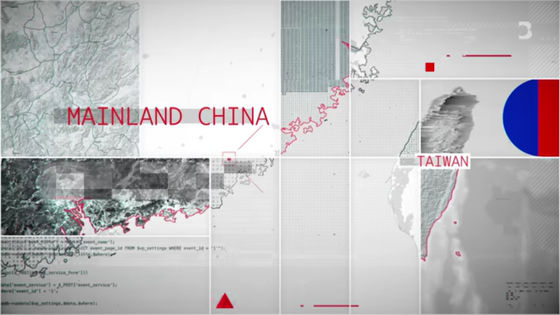
In order to mitigate the risks of global situations, including the feared invasion of China, Russia's invasion of Ukraine, and the COVID-19 pandemic, Taiwanese companies are expanding their manufacturing plants to the United States, Mexico, Southeast Asia, and other regions. In February 2024, a TSMC factory was completed in Kumamoto Prefecture, Japan. Countries around the world are attracting factories and strengthening their own manufacturing capabilities to reduce their dependence on Taiwan, but Lee said, 'In the future, we may be able to develop the manufacturing industry for AI-related chips around the world, but it will take a long time. It will be impossible to repeat Taiwan's history in a short period of time.'
Related Posts:




